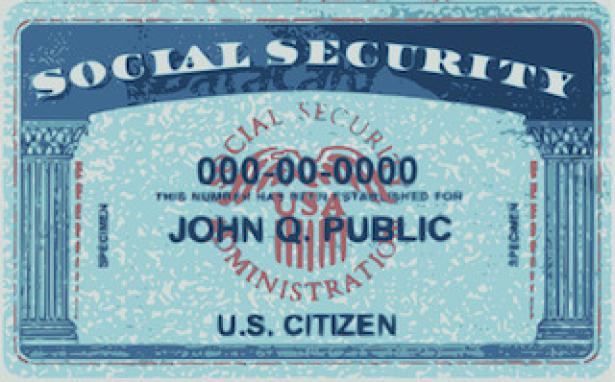People who receive support from Social Security in the form of Supplemental Security Income (SSI) payments don’t have much to cheer about. Relying on SSI as your primary source of income isn’t much fun because it means being dirt poor. The maximum SSI payment is $943 per month. I’m not a math whiz, but that adds up to an annual income of less than $12,000. Try living on that.
Also, an individual can’t have more than $2,000 in assets, including in bank accounts. If two people who both get SSI are married, their combined monthly check can’t be more than $1,415 and their assets can’t be more than $3,000.
But there is a bit of good news for some SSI recipients. You may recall that just about everything shut down in the spring of 2020 because of the COVID-19 pandemic. During that time, it seems that the Social Security Administration (SSA) notified a lot of SSI recipients that they had received more money than they were entitled to receive and that they would have to pay back the difference.
Consequently, a federal lawsuit, Campos v. Kijakazi, was filed against SSA in 2021 challenging that determination. The lead plaintiff, Laquana Campos, was an SSI recipient who was taking this action on behalf of herself and her fourteen-year-old child, who also received SSI. The defendant, Kilolo Kijakazi, was the Acting Commissioner of SSA.
The lawsuit asserted that when SSA closed all of its field offices in March 2020, it “severely impaired” the ability of people who receive SSI “to report information to SSA that is critical to maintaining their eligibility.” It said, “SSI recipients must demonstrate that they meet strict resource and income limits each month” and must “promptly report any changes in their finances to SSA.”
A settlement of the lawsuit was approved by the United States District Court for the Eastern District of New York late last year. In the settlement, SSA agrees to waive all SSI overpayments incurred for the months of March through September 2020.
In other words, those who were notified by SSA that they received money to which they were not entitled (for pandemic-related reasons) during those months, will no longer be required to pay it back.
The settlement also says that SSA must grant all of these waivers by June 2025 and that those getting waivers do not have to apply or take any other action to become eligible. SSA is also required to reimburse anyone who fully or partially paid back the amount of the overpayment SSA said they owed.
The settlement will provide relief for more than two million people who rely on SSI for income, according to Justice in Aging, a national non-profit legal advocacy organization, which filed the lawsuit on behalf of the plaintiffs.
So at least those people will be a little less broke.
Mike Ervin is a writer and disability rights activist living in Chicago. He blogs at Smart Ass Cripple, “expressing pain through sarcasm since 2010.”
A voice for peace, social justice, and the common good! Since 1909, The Progressive magazine has aimed to amplify voices of dissent and voices under-represented in the mainstream, with a goal of championing grassroots progressive politics.


Spread the word